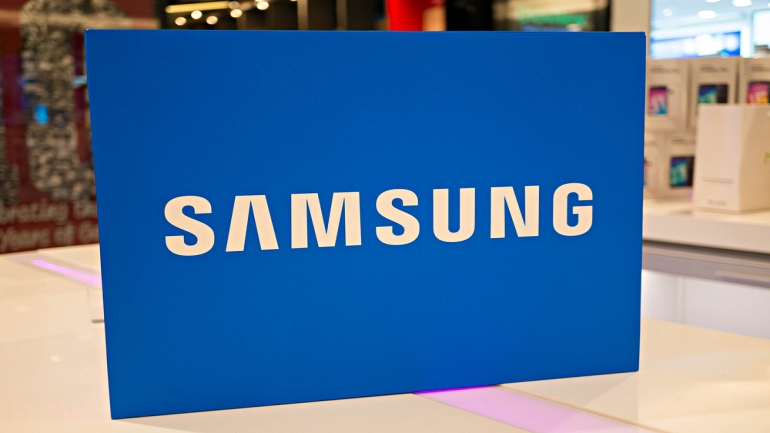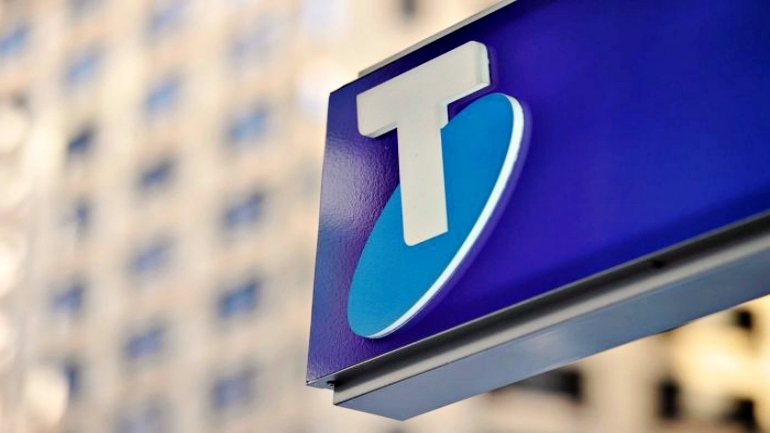US telecoms will not charge late fees during COVID-19 pandemic Major US telecommunications companies such as AT&T, Comcast, Cox, and Verizon have expanded their policies to not charge late payments and cancel service for customers and small businesses affected by the COVID-19 pandemic until June 30. Furthermore, Comcast said that apart from extending the commitment through June 30 and providing its Wi-Fi hotspots to everyone, it would also extend the pause in its data plans to give all customers unlimited data at no extra charge. With tens of millions of Americans working from home, internet providers and the FCC say the internet is performing well. Read more at https://tinyurl.com/yd8wbxuv Google is making Meet free for everyone The tech giant has announced that Google Meet, its premium video conferencing product, will be free for everyone and will be fully accessible over the coming weeks. Previously, the Meet service was available only…
DIDWW, an Irish-based telecom operator providing global telecommunication services, has enabled free outbound calling to COVID-19 hotlines to help collaboration amid widespread coronavirus lockdowns. The company said that all customers using DIDWW outbound trunks and virtual DID numbers as caller IDs can now access local COVID-19 hotlines at no additional charge in 17 countries. Lina Zaboras, CEO of DIDWW, said, “DIDWW leverages and opens up its global access to local telecommunications infrastructure to facilitate another essential service. While enabling local dialing to emergency and short numbers is quite challenging in the VoIP industry, we are successfully expanding these services with the latest addition of local dialing to COVID-19 hotlines over our global VoIP infrastructure. We encourage our wholesale customers to enable the access and route these calls for their end-users with the mission-critical DIDWW global network, free of charge.” In a statement, DIDWW noted that so far, they…
Google rolls out BeyondCorp for secure remote network access without a VPN Google has launched BeyondCorp Remote Access, a new security service designed to provide remote access to internal systems without using a virtual private network (VPN). This new cloud-native security product is based on a “zero-trust approach” and is founded on a system that Google originally built for internal use almost a decade ago. Google said that when the number of remote connections suddenly increases, the VPN architecture may not be able to handle the load. BeyondCorp Remote Access includes a database of every device authorized to connect, a security certificate installed on that device, and integration with a human resources database containing information about usernames and group memberships. Read more at https://tinyurl.com/ya4hhtsk Zoom adds encryption as it passes 300 million daily users Zoom Video Communications has launched an update of its virtual meetings software, adding encryption and new…
The Global mobile Suppliers Association (GSA), a non-profit industry organization representing mobile industry suppliers worldwide, has expanded its membership by welcoming nine new companies from the global 4G and 5G mobile ecosystem. The GSA said that it has so far accepted Approve-IT as a new ordinary member together with eight new associate members, including the French telecom regulator ARCEP and the Singaporean regulator IMDA. In March 2020, the association also extended its Executive Committee by adding ZTE as an executive member along with Ericsson, Huawei, Intel, Nokia, Qualcomm and Samsung. Joe Barrett, the President of the GSA, said, “The global mobile industry is not only highly competitive, it’s also highly collaborative. 5G doesn’t belong to one company or country; there is a whole ecosystem of regulators, vendors and operators who are working together to drive global harmonization of spectrum, innovation in networks and devices, and new use cases for 5G…
Verizon buys Zoom rival BlueJeans for less than $500 million Verizon Business has announced a deal to purchase enterprise-grade video conferencing platform BlueJeans, thereby expanding Verizon’s unified communications portfolio and improving its service for business customers. This acquisition shows that the company is also trying to capitalize on the current trend of remote employees making extensive use of online services such as Zoom, Slack and Microsoft during the pandemic. BlueJeans has more than 15,000 customers, including Facebook, IBM-owned Red Hat, ADP, Zillow and LinkedIn. The deal is worth USD 500 million and is expected to close in the second quarter of 2020. Read more at https://tinyurl.com/yd9qtfhg Apple’s new iPhone SE is surprisingly powerful for $399 Apple is launching iPhone SE 2020, the second generation of its cheapest smartphone in the iPhone lineup, priced at just USD 399. The iPhone SE runs on Apple’s latest A13 Bionic chip that enables great battery…
The Commission for Communications Regulation (ComReg), the Irish national regulatory authority, and the current Minister for Communications, Climate Action and Environment Richard Bruton TD have signed new regulations that will allow the release of additional radio spectrum to create extra capacity for mobile phone and broadband services. These are temporary measures taken in response to a sharp increase in the use of mobile networks, as people rely more heavily on their operators to communicate and stay connected during COVID-19 social distancing. According to ComReg, mobile operators have coped well with increased usage so far, but they have currently less headroom to accommodate further spikes in demand. ComReg Commissioner, Jeremy Godfrey, said, “The provision of this spectrum will help the mobile providers cater for the increased demand on their networks. ComReg will continue to work with industry and will support operators so that telecoms networks may continue to meet demand…
BEREC says COVID-19 won’t break the internet The Body of European Regulators for Electronic Communications (BEREC) has announced that the increase in Internet usage across the continent is more or less stabilizing and that networks have been able to withstand the pressure. BEREC said that national regulatory authorities (NRAs) have reported “a stabilization in the overall traffic, but some NRAs still observe an increase of the overall traffic.” Some operators have expanded their network’s capacity to cope with the steady growth of traffic. According to the organization, “operators, which did not take any such measure, are still closely monitoring their network’s capacity to check if an upgrade is necessary.” Read more at https://tinyurl.com/rxmg53l Vodafone slashes costs of core network functions across Europe using VMware’s telco cloud The UK-based telecoms operator Vodafone has completed the deployment of a single digital network architecture across all of its 21 European business markets, using…
The South Korean tech giant, Samsung Electronics, has announced an effective demonstration of what it terms the world’s first video call on the Amazon Web Services (AWS) cloud platform using Mission Critical Push-to-Talk, Data and Video (MCPTX, also known as Mission Critical Communications), the communications functionality designed specifically for first responders. Based on 3GPP Release 14 specifications, this implementation was enabled by the successful onboarding, integration and deployment on AWS cloud. Wonil Roh, Senior Vice President and Head of Product Strategy, Networks Business at Samsung Electronics, said, “This demonstration showcases how Samsung’s Mission Critical Communications solutions can manage public crises and be readily deployed on public cloud platforms. It also enables us to learn and adapt to the evolving needs of service providers and end-users alike. This brings a new level of broad coverage, scalability and reliability to mission critical service deployments, and we look forward to continuing our journey…
Comcast says voice and video calls have skyrocketed 212 percent during widespread self-isolation Comcast Corporation, a global media and technology company, has announced that voice and video calls have more than tripled on its network since people across the US started working from home due to the COVID-19 outbreak. According to the company, traffic in this category has increased by 212 percent in total, while overall peak traffic on its network has grown by 32 percent. Tony Werner, Comcast’s tech leader, said that the additional traffic is “well within the capabilities of the network,” and despite the increases in usage, the company’s network is working just fine. Read more at https://tinyurl.com/skncjow Zoom freezes feature development to fix security and privacy issues Over the past few weeks, the Zoom video conferencing app has been widely used for personal and business online meetings during the coronavirus lockdowns around the world. According to the…
Telstra, an Australian telecommunications and technology company that offers a full range of communications services, has officially announced the launch of its My Telstra app. The new and improved application provides an easier way to manage Telstra accounts and services, find information, shop and redeem Telstra Plus points. With My Telstra, customers will gain convenient access to billing and technical support, as well as manage their services and payments, get help, check for outages and track orders from their home. In a statement, Telstra said that its app “has been designed with accessibility at the forefront” and is built to be compliant with the Web Content Accessibility Guidelines 2.1. The company plans to update the existing Telstra 24×7 app so users can expect to see it on their phone soon. Customers who have auto-update enabled do not need to take any action – their current Telstra 24×7 app will update to…













